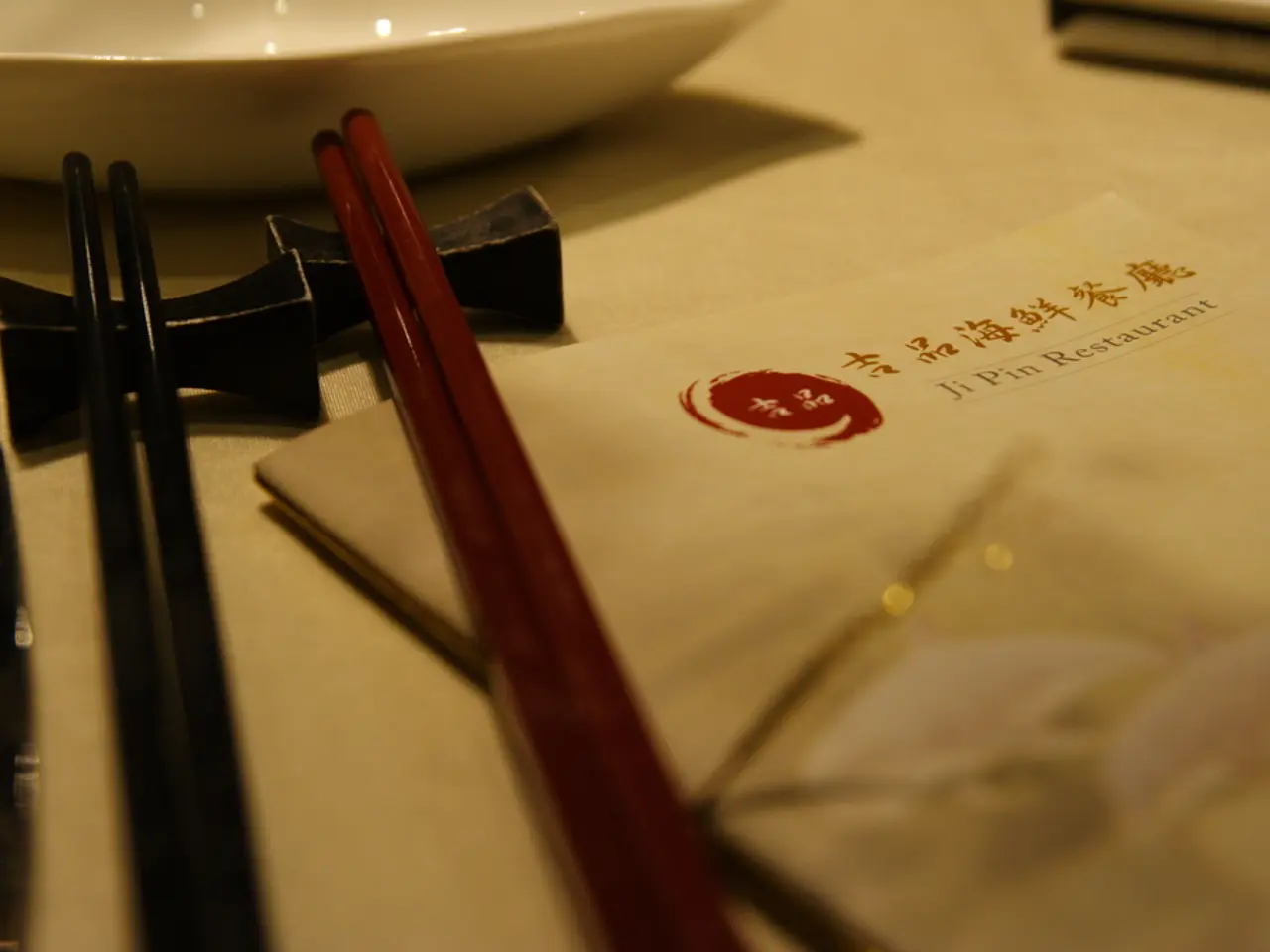Rising costs for matcha powder: Global demand driving up prices for the trendy tea product
In the bustling tea houses of San Francisco, a popular green powder is stirring up a storm. Matcha, a finely ground powder of specially grown and processed green tea leaves, has captured the hearts of health-conscious customers due to its antioxidants, l-theanine, and lower caffeine content compared to coffee.
However, the allure of matcha comes at a cost. David Lau, the owner of Asha Tea House, has recently increased the price of his matcha latte by 50 cents due to rising costs. To mitigate further price hikes, Lau is exploring alternate suppliers from China and elsewhere.
The increased costs are not unique to Asha Tea House. Julia Mills, a food and drink analyst for Mintel, notes that the price of matcha has risen by 40% for some suppliers. This increase has led some, like Josh Mordecai, supply chain director for Good & Proper Tea, to be approached daily by Chinese matcha suppliers.
Despite the price increases, the demand for matcha is expected to continue. Mordecai wonders if consumers may switch to other tea varieties like hojicha as a cost-saving measure. However, Mills believes that while the social media interest in matcha may die down, it will remain on menus for a while due to its popularity among millennials and Generation Z customers.
The traditional preparation method of matcha, whisking the powder with hot water, appeals to drinkers who seek a slower, more intentional experience. This method, while time-consuming, adds to the allure of the drink for many.
Yet, the identity of the largest exporter of green tea, including matcha, in the USA remains unclear from search results.
Amidst these changes, businesses like Asha Tea House strive to maintain an "affordable luxury" image. David Lau aims to keep prices low to allow customers to visit daily, avoiding pricing them out.
Even with the rising prices, regular customers like Melissa Lindsay of San Francisco find it hard to quit their daily matcha ritual. Despite the high-end matcha prices being hard to accept, Lindsay considers it a habit she would find hard to break.
As the matcha trend continues to evolve, it will be interesting to see how businesses adapt, consumers respond, and the future of this popular green powder unfolds.






